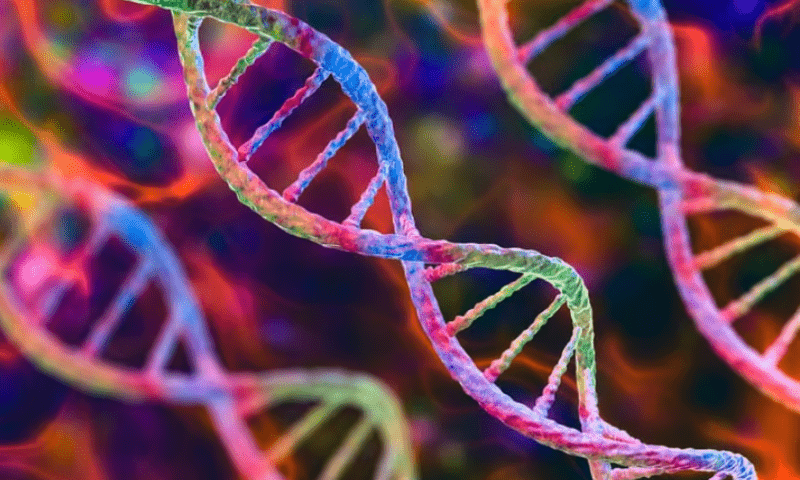Takeda is seeing some positive signals from its $3.6 billion deal with Poseida Therapeutics with promising preclinical data on the companies’ hemophilia A therapy P-FVIII-101.
In an oral presentation delivered at the annual American Society of Hematology meeting Dec. 11, Poseida announced that a single dose of P-FVIII-101 normalized levels of the missing clotting factor VIII protein for seven months in juvenile mice.
“Although gene therapy has the potential to deliver functional cures for hemophilia A, current approaches face challenges—both with durability and the ability to re-dose—and are not appropriate for use in juvenile patients,” Denise Sabatino, Ph.D., a University of Pennsylvania Perelman School of Medicine researcher who co-authored an oral presentation on the study, said in a press release. “Current treatment options are not curative and require lifelong treatment, and P-FVIII-101 may have the potential to significantly improve outcomes for people with hemophilia A.”
Hemophilia A is an inherited bleeding disorder characterized by the absence of blood clotting factor VIII. The mainstay therapy for the disease is lifelong clotting factor VIII infusions, which are expensive and inefficient. Many companies—including BioMarin, Spark Therapeutics, CSL Behring, Pfizer and more—are racing to develop gene therapies that could enable the body to make its own factor VIII from cells in the liver, nixing the need for infusions.
Poseida entered into an exclusive licensing agreement with Takeda for P-FVIII-101 in October 2021. The treatment uses Poseida’s super piggyBac enzyme to insert the therapeutic gene into the patient’s DNA. And, unlike other gene therapies in development, P-FVIII-101 uses a nanoparticle-based delivery system rather than a virus to get the gene into liver cells. The viral vectors used in other treatments have been associated with inflammatory reactions and cytotoxicity, raising the need for alternative delivery methods.
While one dose of P-FVIII-101 was enough to normalize factor VIII activity in the mice, the researchers also demonstrated therapeutic activity with repeat doses. This suggests doses could be titrated according to the patient’s response, according to the researchers.
Takeda and Poseida plan to continue preclinical studies as they march an investigational new drug application toward the FDA to start clinical trials. Since March 2020, Takeda has entered into 10 gene therapy deals for various conditions. Its commitment to Poseida is its largest, followed by a $2 billion deal with Code Biotherapeutics to treat rare liver and nervous system diseases. Other deals involve treatments for lysosomal storage disorders, rare neurometabolic disorders and blood factor disorders.
Meanwhile, as investment in gene therapies for hemophilia A continue to grow, some scientists have warned that there may be reason for caution. A study published Dec. 7 in Molecular Therapy found increased risk of liver cancer with factor VIII proteins expressed by BDD-FVIII, the gene most commonly used in hemophilia A gene therapies.

